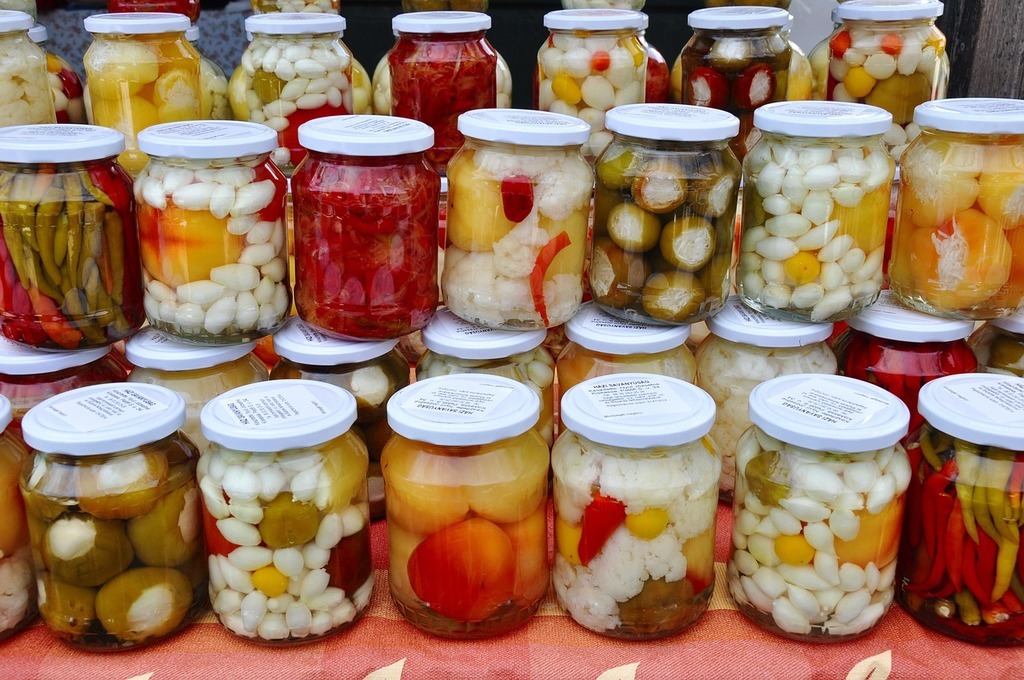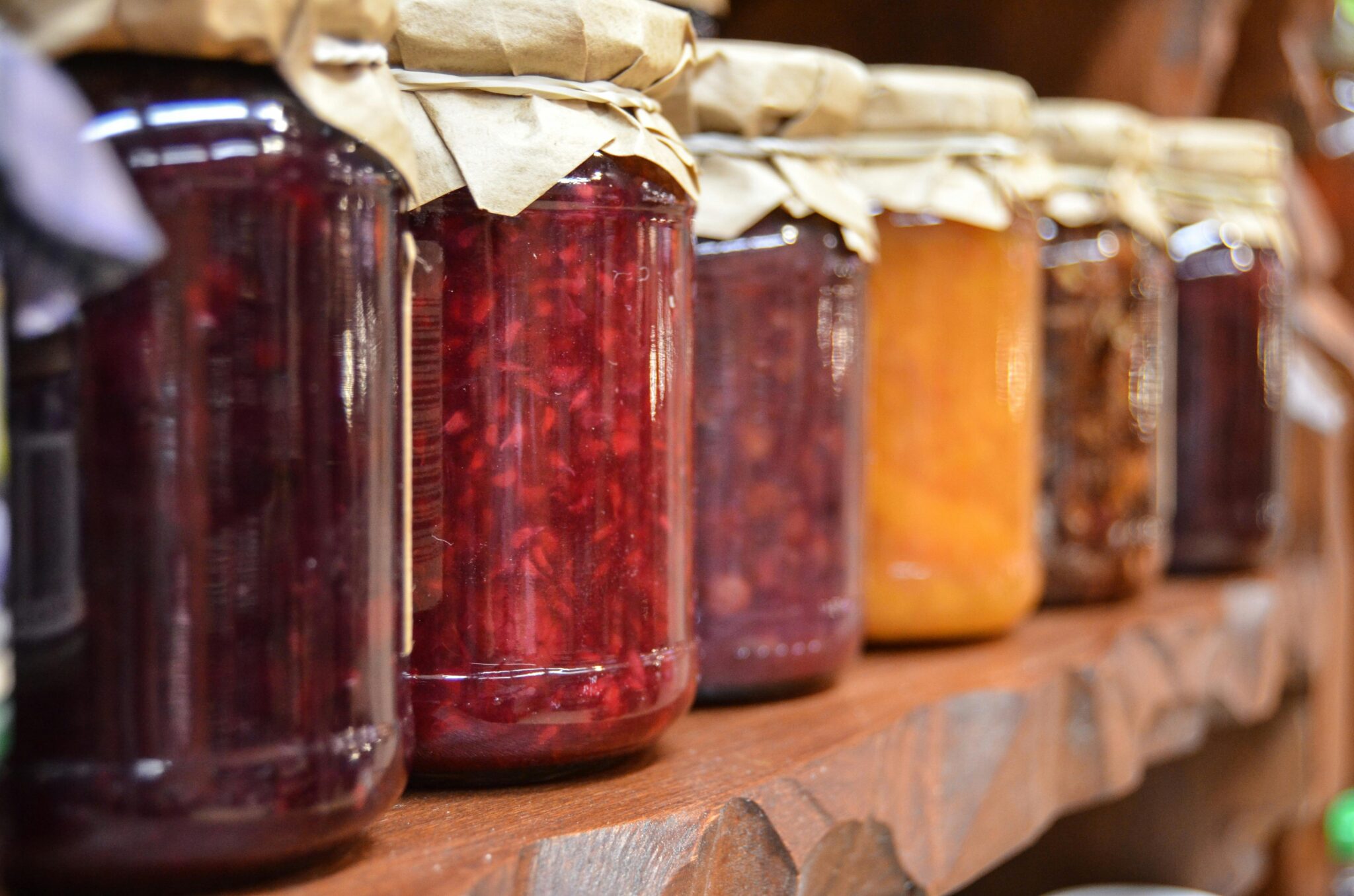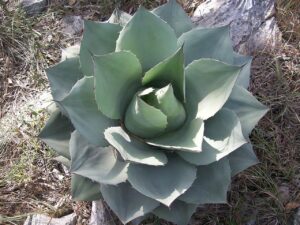
We live in an amazing time when fresh fruits and vegetables are available from neighborhood grocery stores year-round. But how many of us have been disappointed by tasteless tomatoes and blah strawberries? These foods might have looked good at the supermarket but often leave you wanting at the table–and they’re not cheap.
We all know the best fruits and vegetables are harvested from local farms and gardens at the peak of the season. It is possible to enjoy those delicious foods year-round. With expert tips and some practice, you can learn how to can and preserve foods so you can enjoy their fantastic flavors 365 days a year.
DIY BBQ Sauce with Stone Fruits
May 18, 2024,
10 am – 12 pm
Register now!
“Learning how to can and preserve your own foods has so many advantages,” says Michelle Cappo, master food preserver, advanced master food safety advisor and master wellness volunteer affiliated with TAMU’s AgriLife Extension Service in Tarrant County. “You can fill your pantry with healthy fruits, vegetables and sauces that you know your family will love.”
Cappo will teach three classes on food preservation over the next few months. The first, “DIY BBQ Sauce with Stone Fruits,” will lead students through the process of blending their own barbeque sauce flavored with stone fruits such as apricots, peaches or nectarines. Upcoming classes will focus on pickling and pie filling.
Ten Benefits of Canning
Adapted from “12 Benefits for Canning Your Own Food,” Paula Ann Mitchell, Tasting Table.
1. Eating real food. There’s nothing artificial or processed about fresh foods you preserved yourself.
2. Skip the salt and sugar. You have full control of what you preserve.
3. Reduce waste. Cut packaging waste by buying fruits and vegetables locally and skipping grocery store packaging.
4. Cut your carbon footprint. The fruits and vegetables you buy from the supermarket out of season often have to travel many miles and maybe across oceans to get to you.
5. Save money. Buying local produce in season is much cheaper than purchasing fruits and vegetables out of season. For sauces such as salsa, barbecue and spaghetti sauce, starting from fresh ingredients offers a huge cost savings over buying prepared foods.
5. Simplify dinner planning. When you’ve got supper in a jar, half your work is already done.
6. Increase your self-sufficiency. You don’t have to be a survivalist to appreciate the value of having a fully stocked pantry. Remember when COVID-19 made grocery shopping difficult and food shortages common?
7. Boost local farmers. When you buy local produce, you’re helping keep small, local farms in business.
8. Unleash your creativity. The only limits on canning are food safety and your imagination. Want your salsa extra-hot or your pickles super tangy? You’re the boss!
9. Gift giving is in the bag. Master canning and you’ll always have a cache of hand-made gifts for friends, family, your child’s teacher, your hairstylist, your mail carrier, your neighbor, etc., etc.
Cappo was introduced to canning as a child. As an adult, she pursued certification as a master food preserver, a program offered through state agricultural extension offices that teaches volunteers food preservation processes including canning, pickling, dehydrating and freezing. Food safety is the number one priority of these programs, and Cappo is an expert at helping students follow the most up-to-date health and safety practices.
Cappo’s first class will demonstrate two different ways to preserve the barbecue sauce. Students can create a sauce that will keep safely in the refrigerator for several months. Or they can take an extra step and learn how to preserve a shelf-stable sauce that can be stored at room temperature.
Once students have mastered basic techniques, the sky’s the limit, says Cappo. “Everyone has something they like to make,” she says. “I primarily focus on fermentation and canning. Some people really like to make pickles. Others like to make their own salsa or pasta sauce or gummies.”
As we roll into summer and local farmer’s markets begin to offer piles of fresh peaches, tomatoes, peppers and corn, consider how you can preserve that deliciousness for the dark and dreary days of winter. Fresh peaches in January will taste like summer in a jar.
The process, Cappo tells students, is straightforward and inexpensive. “The only things you have to buy are canning jars with new seals and screw bands. These are a dollar a piece,” she says. “Beyond that, you need a large pot that can hold the jars, a towel, and silicone oven mitts. That’s it.” Individuals who want to expand their canning operation can invest in equipment such as jar lifters and racks, but that’s not needed if you’re getting started or only making small batches.







